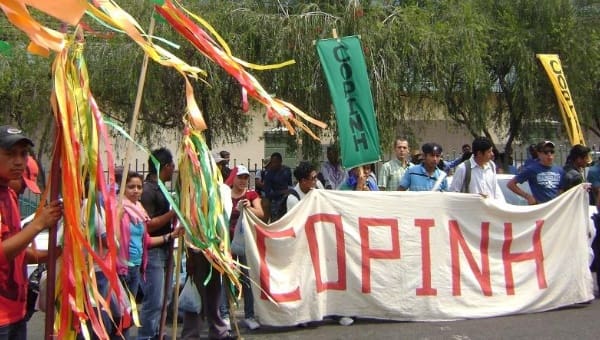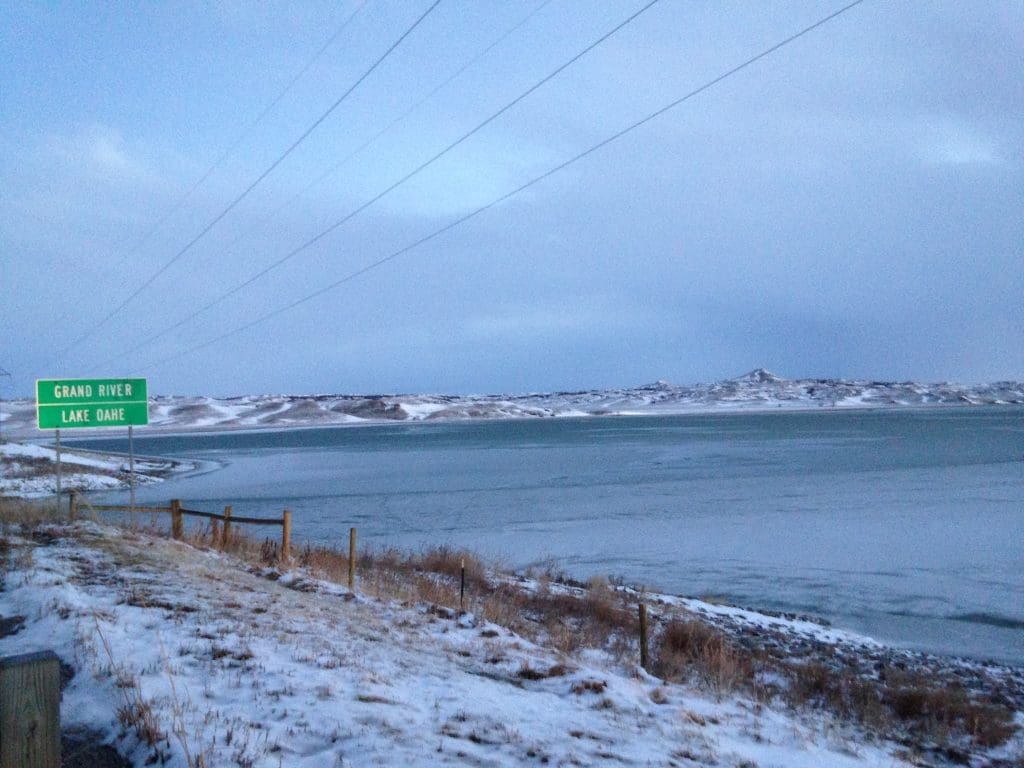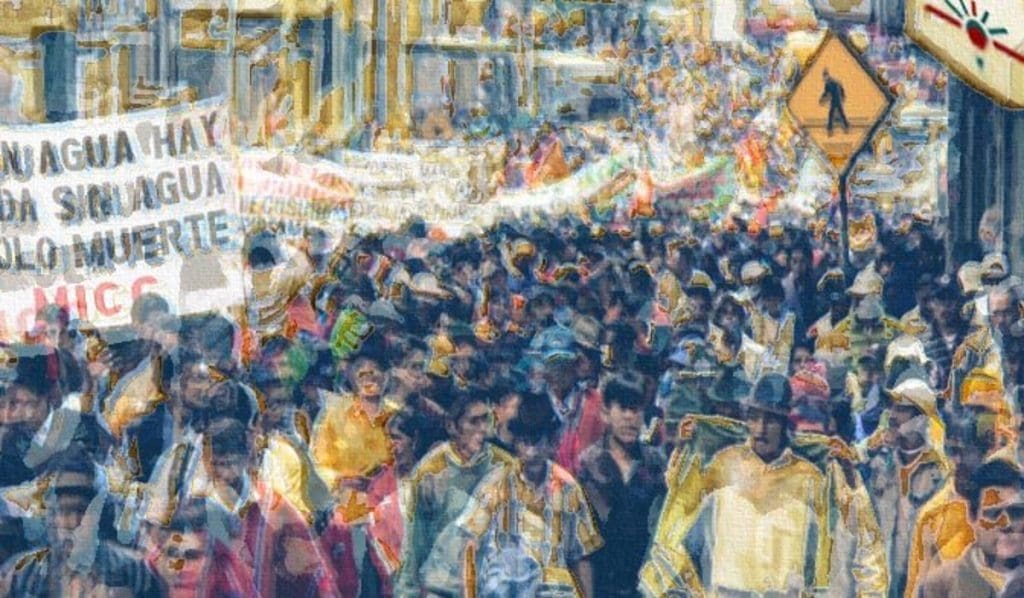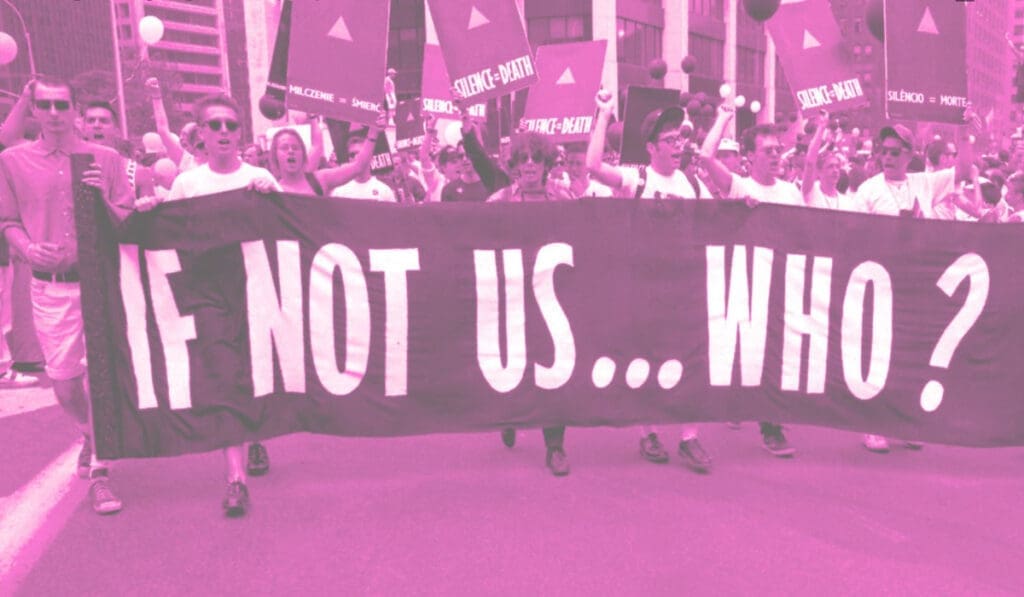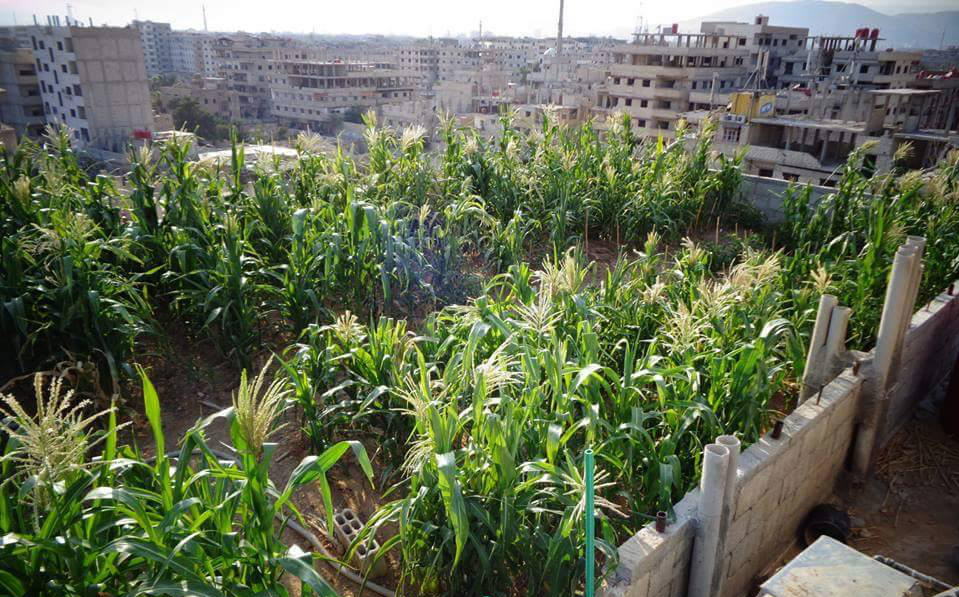Transcribed from the 19 March 2016 episode of This is Hell! Radio (Chicago) and printed with permission. Edited for space and readability. Listen to the whole interview:
There are more than 300 mines planned for the country. Basically, lands in Honduras are free for the taking, and in order for that to happen, the population has to submit.
Chuck Mertz: The legacy of the US-backed coup in Honduras has been devastating, especially to those who are fighting to protect the environment in Honduras. Here to tell us how rotten things have gotten, author and activist Beverly Bell posted the article Why Was Berta Cáceres Assassinated? this week at Truthout, where she is a member of the board of advisers. Beverly currently serves as associate fellow at the institute for policy studies and as coordinator of Other Worlds, a group whose mission is to document and educate about alternative models of social and economic relations.
Welcome to This is Hell!, Beverly.
Beverly Bell: Thank you, nice to be with you.
CM: How much was the coup of 2009 about the development that is now taking place on indigenous lands, which is in violation of the International Labor Organization Convention 169, and which Berta Cáceres was protesting against?
BB: You can draw a direct line. Washington DC and the Honduran elite did nothing to stop the coup of 2009 against democratically elected president Manuel Zolaya (Washington was indeed actively involved in that), and that coup gave way to an actual slogan: “Honduras Is Open for Business.” So the illegally imposed governments that continue to reign in Honduras, one after another, through fraudulent elections condemned by almost everyone in the world except the US government, have laid the groundwork for extensive pillaging by damming corporations, mining corporations, those trying to profit off the carbon-trading scam, and, even more, agribusiness. And much of that is happening on indigenous land, because indigenous peoples are the only ones, mostly, who have protected their so-called primary resources, which are needed for capitalist profit.
CM: The Honduran coup took place while Hillary Clinton was secretary of state. As Mark Weisbrot of the Center for Economic Policy and Research has written, “A number of Hillary Clinton’s emails show how, starting shortly after the coup, Clinton and her team shifted the deliberations on Honduras from the Organization of American States (OAS), where Zolaya could benefit from strong support of leftwing allies throughout the region, to the San José negotiation process in Costa Rica. There, representatives of the coup regime were placed on an equal footing with representatives of Zolaya’s constitutional government, with Costa Rican president Oscar Arias, a close US ally, as mediator.
“Unsurprisingly, the negotiation process only succeeded in one thing: keeping Zolaya out of office for the rest of his constitutional mandate. A careful reading of the Clinton emails and Wikileaked US diplomatic cables from the beginning of her tenure expose a Latin American policy that is often guided by efforts to isolate and remove leftwing governments in the region.”
Do you hold Hillary Clinton personally responsible for the Honduran coup? Or would you say that it’s not as important to blame this on the Obama Administration or Hillary Clinton; this is more a continuing pattern of US policy towards Latin America?
BB: It is a continuing pattern of US policy towards Latin America, but it is also important to lay responsibility where it belongs. And Hillary Clinton, for example, in her most recent book Hard Choices said, “We rendered Zolaya moot.” This is an extraordinary statement to make about a man who was democratically elected by his people according to the constitution of an autonomous sovereign nation.
But it is the sort of the thing that the US has done all along. So I think we Americans can say, with clarity, that Berta Cáceres was killed with our tax dollars and in our name and through the help of our government.
CM: You write, “Quiescence and compliance are essential for the national elite and multinational corporations to make their profits. So here are a few numbers that are relevant. Honduras has 12,000 soldiers, one for every 717 people, for a country not expected to go to war. Its 2013 defense budget was $230 million. Since 2009, the US has invested as much as $45 million in construction funds for just one of those bases, Soto Cano (commonly known as Palmerola). Last year, US taxpayers footed $5.25 million in direct military aid, and much more in training for 164 soldiers at the School of the Americas’ Western Hemisphere Institute for Security Operation. 372 US military personnel are in the country.”
How has that military presence, not only that of the US but of the Honduran military, changed in Honduras since the 2009 coup?
BB: I think you could say it remains constant. What has increased, however, are two things. One is the amount of extraction that is happening on indigenous land. And the proximate reason for Berta Cáceres’ assassination on 3 March was the efforts of the organization that she ran (the Pacific Council of Popular and Indigenous Organizations, or COPINH by its acronym) to stop one dam. But there are more than forty dams planned on the Lenca indigenous land of this group COPINH, most of whose members, including Berta, are Lenca indigenous people. There are more than 300 mines planned for the country. Basically, lands in Honduras are free for the taking, and in order for that to happen, the population has to submit.
The second thing that has changed since the US-backed coup d’état against the elected government in 2009 is that the people of Honduras have grown more organized. They have become more resistant. They have become more strategic in fighting these dams and other illegal projects on their land. And the person who was the most visible and strategic and effective leader of all was the wonderful Berta Cáceres. It is for that reason that this extraordinary woman, who was also a leader of social movements around the world, was assassinated.
CM: How dangerous has it become for those who are fighting for the environment, to fight for the environment? And how dangerous is it for those in indigenous areas particularly?
BB: The group Global Witness released a report last year in which they said that Honduras is the most dangerous country in the world to be an environmental activist. 110 people were killed in the four years prior to the report—2010 to 2014—simply for defending their land. Of COPINH alone, which has been around for 23 years, the fourteenth member was killed just four days ago, and that was another leader of the same organization, whose name was Nelson García. He was helping members of a Lenca indigenous community reclaim some land, and the military came in, in a force of upwards of 125 soldiers and other security members, and killed him. That same day, there were eight other arrests of people from different organizations, and there was an attempted assassination of someone else from a peasant organization.
It is, in large part, people being dispossessed from their land that causes them to have to flee, though it is also a result of the high level of violence, which is an ongoing structural ramification of the fact that the US has always militarized Honduras.
15 March 2016 was a highly bloody day in Honduras. There were ten people, as I mentioned, who were either slain or attempted to be killed, or arrested, from three different organizations, from three different parts of the country. And the message was clear: Sit down and shut up, because this will happen to you if you protest in defense of your lands and waters.
Berta was the most high-level person to be killed, but tragically she is only one in a long line. And even since her killing, even with all of the international condemnation, the Honduran government is basically saying they have a green light. That green light is in large part thanks to the US government, which has said that it is continuing to work closely with the Honduran government in investigating the assassination of Berta.
There are many action calls urging that there be an independent and carefully monitored international investigation into the death of Berta Cáceres.
CM: How damaging is Cáceres’ murder to the overall movement? Has there been backlash from the movement over her assassination—that is to say, protests, marches, or stepped-up action? Or is it in a state of intimidation because of these continued arrests and killings?
BB: No, the movement is not intimidated. Berta always used to say, “They fear us because we are fearless.” And indeed, the fearlessness right now is extraordinary. There are huge marches throughout Honduras today. There were huge marches throughout Honduras yesterday. There have been clashes by youth with the police in Tegucigalpa, the capital. There have been protests all over the country. The country is in a state of full rebellion because of how disgusted it is with this killing, and also—I should mention—the political imprisonment of the sole witness to Berta’s death, another extraordinary activist who is to Mexico what Berta was to Honduras. His name is Gustavo Castro Soto.
People are rising up all over the world and showing the Honduran government for what it is. The government thought that it would decapitate the movement when it killed Berta, but it was incorrect. The movement is strong and it is organized, and though Berta’s loss is incalculable in so many ways, and devastating because she was so extraordinary, no, the movement continues its work and it will continue that work.
CM: You were quoted earlier this month saying, “Berta likes to say that Honduras is known only for having been a contra base and for Hurricane Mitch. But that country also hosts a powerful social movement which has taken on an unaccountable government, multinational corporations, an oligarchy run amok, and US military domination. This is about continued US and Honduran government support for land and river grabs and multinational investment.”
The argument goes that this kind of multinational investment will bring a better economy to all Hondurans. So how much does international investment trickle down to your typical Honduran?
BB: It does not help. It does not trickle down. What happens is, it comes in and takes people’s land that people have always lived on, their ancestral land, land that they need to farm. Those lands are just being ripped away from them and turned into palm oil plantations. Their rivers are dammed. Their forests, that they need to protect their local ecosystems, have been plundered. International investment does tremendous harm both to the people and to Mother Earth, about which they care profoundly.
CM: This is from a School of the Americas Watch statement from earlier this month: “Almost thirty percent of Honduras’s land was earmarked for mining concessions, creating a demand for cheap energy to power future mining operations. To meet this need, the government approved hundreds of dam projects around the country, privatizing rivers, land, and uprooting communities. Repression of social movements and targeted assassinations are rampant.
“Honduras has the world’s highest murder rate. Human rights organizations report there have been over 10,000 human rights violations by state security forces, and impunity is the norm. Most murders go unpunished. The Associated Press has repeatedly exposed ties between the Honduran police and death squads, while US military training and aid for the Honduran security forces continues.”
Why then, when Honduras is mentioned in the US, is it only about the refugee children? I’m not saying that’s not an important issue. But it’s only about the children forcibly deported back after escaping the violence and coming to the US.
BB: I don’t know why. I would say, though, that when we address the emigration from Honduras to the US—children and others—we are in fact talking about the legacy of the coup of 2009; we are talking about the ongoing, revolting support of the US for this government that is a bunch of thugs and murderers (and, once again, was illegally installed, in part by the help of the US); and we are talking about this exact plunder of land.
Because it is, in large part, people being dispossessed from their land that causes them to have to flee, though it is also a result of the high level of violence that you mentioned, which is an ongoing structural ramification of the fact that the US has always militarized that country.
The US has helped to create this reign of terror and murder. There are six US military bases in Honduras. The US has always used Honduras as a client state through which to surveil and control all of the other nations in Central America. The US launched its grossly illegal war against the sovereign nation of Nicaragua using Honduras as its base.
So we can look at the role of US in having created this lawlessness that has resulted in people having to come to the US because they are fleeing violence. It’s all related.
CM: One last question for you, Beverly, and as it is with all of our guests, it’s the Question from Hell, the question we hate to ask, you might hate to answer, or our audience is going to hate your response.
There’s a Hillary Clinton campaign ad where a Hispanic girl tells Hillary that she’s scared because her parents may be deported. She starts crying, and Hillary consoles her, saying, “Let me do the worrying. I’ll do all the worrying. I’ll do everything I can to help, okay? I’m going to do everything I can so you don’t have to be scared.”
How do you feel when you see that ad?
BB: I will respond with the four sentences from the introduction of Greg Grandin’s piece in the Nation that he published a couple of days after the assassination of Berta Cáceres. “Hillary Clinton will be great for women”—and in this case we might paraphrase: for women and this child. He says, “Hillary Clinton will be great for women. Just ask Berta Cáceres. But you can’t. Because she’s dead.”
CM: Beverly, it has been a pleasure and an honor having you on This is Hell! this week. I truly appreciate it.
BB: Thank you so much. Good speaking with you.
Featured image source: COPINH

